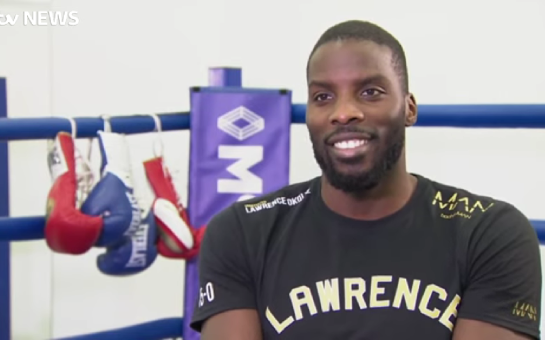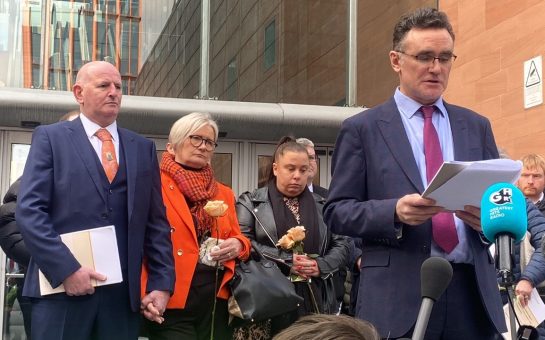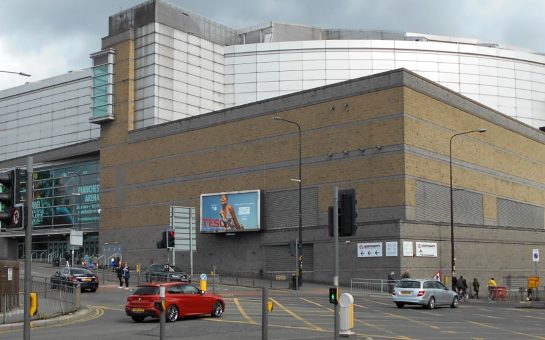Social media has become one of the most integral parts of society. We use it to connect with friends and family, to catch up on recent events and to entertain ourselves.
But for some certain groups in society it is used for a much more sinister reason: extremism.
The nature of social media allows ease of access to information and speed of use within almost every aspect of a person’s life. These same benefits are also available to terrorists and their organisations.
The very same technology that allows the whole world to communicate with nothing but their fingertips – with no face or identity – is utilised and exploited by terrorist organisations to plan and conduct operations that usually leave a devastating effect.
The Manchester Arena attack is no exception when it comes to mass devastation and heartbreak. On the May 22, 2017 shockwaves ran through the city – and indeed the world – after a bomb was detonated in the foyer of the Arena just after 10:30pm.
The perpetrator, Salman Abedi, died during the attack alongside 22 other innocent victims.
Police confirmed that Abedi acted alone on the night, assembling the device days before the attack.
However, it has been revealed that others were aware of his plans. Investigations are underway looking into the connections with other terrorists, including ISIS recruiter Raphael Hostey.
Statistics show that ‘lone actors’ such as Abedi are particularly active on social media, and from 2005 – 2016 social media played a role in the radicalisation and mobilisation processes of 68.12% of lone actors.
Julian King, European commissioner for security, said: “Every attack over the last 18 months or two years has got an online dimension. Either inciting or in some cases instructing, providing instruction, or glorifying.”
Social media apps such as WhatsApp, Facebook and Twitter are most commonly known for their involvement with or around terrorist organisations.
All of the platforms work hard to eradicate pages set up to promote or support extremism but it is hard to keep on top of as it’s free to create new accounts at any time providing a new email is created.
New laws have been put in place which require platforms to take down any terrorism-related content within an hour of a notice being issued, force them to use a filter to ensure it’s not re-uploaded, and if they fail any of these duties, allows the government to fine companies up to 4% of their global average revenue.
A company like Facebook could end up losing around £600m through this process.
Social media is an important part of terrorist’s recruitment strategy.
Lucinda Creighton, senior advisor at Counter Extremism project, explained: “Whether it was the Nice attacks, whether it was the Bataclan attack in Paris, whether it’s Manchester… they have all had a direct link to online extremist content.”


